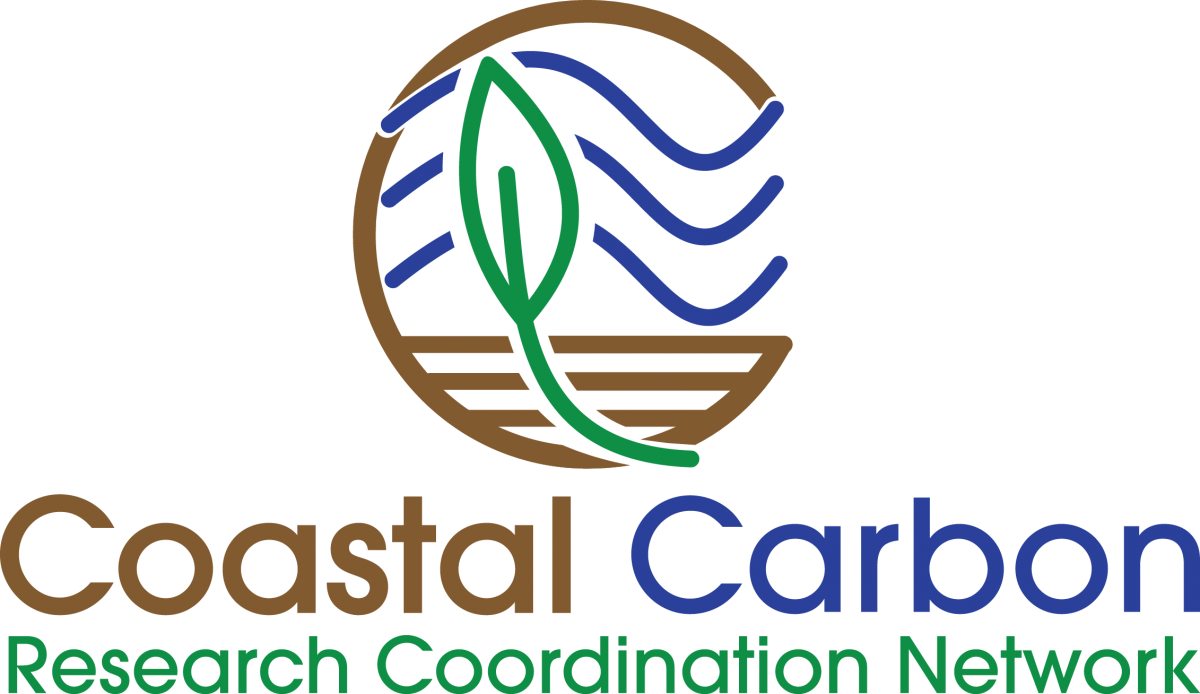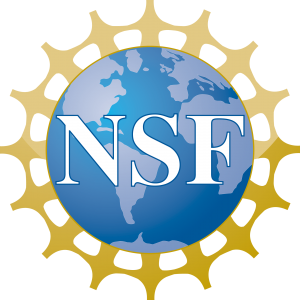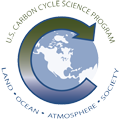Coastal Carbon Research Coordination Network

Announcements
Apply for a Working Group
The application portal for the CCRCN working groups is now open. Five working groups, each culminating with an in-person workshop, will take place over the next five years. The steering committee has decided to announce the titles and timing of the first two working groups, as well as suggestions for future working groups. If you are interested in participating in any of the working groups, please fill out an application. The survey will remain open indefinitely, however we will begin considering applicants for our working group 1 on Thursday, July 12th.
Soil Carbon Data Release
The dataset for a NASA CMS-funded and CCRCN-managed publication in Scientific Reports has now been made public via Smithsonian Libraries. Data from 1534 soil cores are available, including per-depth soil organic matter and carbon metrics, plant species identity, state of human impact, field and lab methodology, and core metadata. The paper, led by CCRCN manager James Holmquist, reveals that simple strategies are the most effective for mapping soil carbon, for now.
Public Comment Open on Three Project Principles Documents
In an effort to be responsive to the community, we would like to announce the beginning of a public comment period for 3 key documents: CCRCN Governance, Data Management Principles, and Controlled Vocabulary for our Tidal Soil Carbon Synthesis Products. Public comment will be open for two weeks starting Monday April 2 and ending Friday April 13th.
First Data Release
We officially launch starting January 2018, but we are already hosting our first synthetic dataset on the Smithsonian's GitHub page: a literature review supporting the U.S. Coastal Wetland National Greenhouse Gas Inventory. The page includes summary tables, a report, and an open workflow including SAS code used to create the dataset.
Data Products
| Dataset | Last Updated |
|---|---|
| Coastal National Greenhouse Gas Inventory: Report, Datasets, and Workflow | 9 December 2017 |
Project Summary
Building a Collaborative Network for Coastal Wetland Carbon Cycle Synthesis
Tidal marshes, mangrove swamps and seagrass meadows are unique ecosystems found on coastlines worldwide. These wetlands support specialized plant, microbe and animal species that collectively form some of the Earth’s most productive ecosystems, influencing the ecology of estuaries and coastal oceans. Coastal wetlands are also under severe pressure from human activity which threatens to diminish the many benefits they provide to people and aquatic food webs. Among these benefits is the fact that they remove large amounts of the greenhouse gas carbon dioxide from the atmosphere and bury it in soils for centuries to millennia. Indeed, these ecosystems account for nearly 50% of the organic carbon buried in the oceans despite occupying less than 1% of ocean area. This surprising fact suggests an opportunity: that protecting, restoring and managing these ecosystems could help manage greenhouse gas concentrations in addition to the list of other ecological and social benefits they provide. The pace of research on this topic has accelerated and is now too rapid to be synthesized by individual investigators. The goal of this Research Coordination Network is to advance the synthesis of coastal wetland carbon cycle data.
The Coastal Wetland Carbon Research Coordination Network will accelerate scientific discovery, advance science-informed policy, and improve coastal ecosystem management by: (1) developing a community dedicated to coastal wetland carbon science for basic research, policy development, and management, (2) exploring the ecological links between coastal wetlands, estuaries, and the atmosphere, and (3) sharing data and analysis tools that support the diverse needs of scientists, policy makers and managers. Activity 1 is a repository for participant-contributed data, and a central portal for downloading data from repositories of interest to the coastal carbon community. Activity 2 is a Coastal Wetland Carbon website to attract participation of diverse users by providing a variety of resources that meet their needs. It will provide data analysis tools, a knowledge sharing resource, a video library of training modules in standard methods, a code library to support modeling, links to publications, and a webinar library. Activity 3 is outreach via a series of webinars and 'town hall' gatherings at professional meetings. Activity 4 is a series of workshops on scientific gaps in coastal carbon. Activity 5 is a web-based tool for modeling global warming potentials.
Funding

Partners
|
|
|
|
|
|





